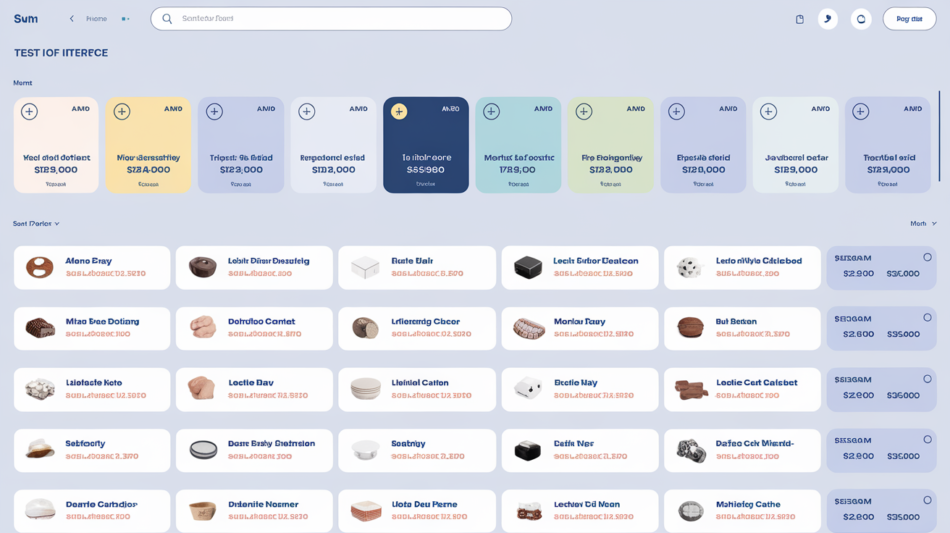In today’s competitive business environment, providing a seamless user experience (UX) and improving operational efficiency are critical for success. Off-the-shelf software solutions can sometimes fall short of meeting the specific needs of a business, leading to inefficiencies and frustrating user experiences. Custom software, however, offers a unique approach to addressing these challenges, as it is designed and tailored specifically for a business’s requirements. In this blog, we’ll explore how custom software can enhance user experience and improve overall efficiency within an organization.
1. Tailored to Specific Needs
Custom software is built to meet the unique needs of a business, ensuring that the final product aligns perfectly with the company’s goals, workflows, and operational processes. Unlike off-the-shelf solutions, which may have unnecessary features or lack key functionalities, custom software is designed to be lean, efficient, and focused solely on what the business truly needs.
This tailored approach minimizes complexity for the user, ensuring that they only interact with the relevant tools and features. With no clutter from irrelevant functionalities, users can work more efficiently and effectively.
2. Improved User Experience (UX)
User experience is crucial when it comes to software adoption and long-term success. If a software solution is difficult to navigate, slow, or doesn’t fit into the company’s workflows, users may resist using it, leading to reduced productivity and morale.
Custom software allows businesses to design an intuitive and user-friendly interface that matches the preferences and expectations of the users. Whether it’s an app, a web portal, or an internal tool, custom software can be designed with a focus on simplicity, speed, and ease of use. With better UX, employees are more likely to adopt and make the most out of the system, leading to smoother workflows and fewer support requests.
3. Streamlining Processes and Automation
One of the biggest advantages of custom software is its ability to automate repetitive tasks and streamline workflows. With custom software, companies can design automation solutions that reduce manual work, eliminate errors, and speed up business processes. This helps employees focus on more strategic tasks instead of mundane administrative duties.
For example, if a business deals with large volumes of data entry, custom software can automate data collection and entry, ensuring that information is captured accurately and faster. Additionally, it can be integrated with other business tools, providing a unified system that helps in data sharing and reporting without needing to toggle between multiple platforms.
4. Scalability to Meet Growing Demands
As businesses grow, so do their needs. Custom software is designed to scale with your business, ensuring that the solution can evolve as your requirements change. Whether you need to accommodate more users, handle a larger volume of data, or integrate with new technologies , custom software can be developed to support future growth.
For instance, a custom software solution for a startup might initially focus on managing basic sales data and customer interactions. As the company expands, the software can be upgraded to handle more complex tasks, such as advanced analytics, additional sales channels, or new marketing tools. This scalability ensures that businesses won’t need to invest in new software solutions every time they grow, which can be both costly and time-consuming.
5. Enhanced Security and Data Protection
Security is a top priority for any business that deals with sensitive data. Custom software offers enhanced security measures compared to off-the-shelf solutions. Since custom software is built specifically for your business, you can implement tailored security protocols that address your unique needs. You can ensure that only authorized users can access specific data and implement encryption, multi-factor authentication, and other advanced security measures.
Custom software also allows businesses to adhere to specific regulatory standards and industry compliance requirements, ensuring that data is protected in accordance with legal and industry guidelines. For example, a healthcare organization can design custom software that complies with HIPAA (Health Insurance Portability and Accountability Act) regulations, ensuring patient data remains secure and confidential.








